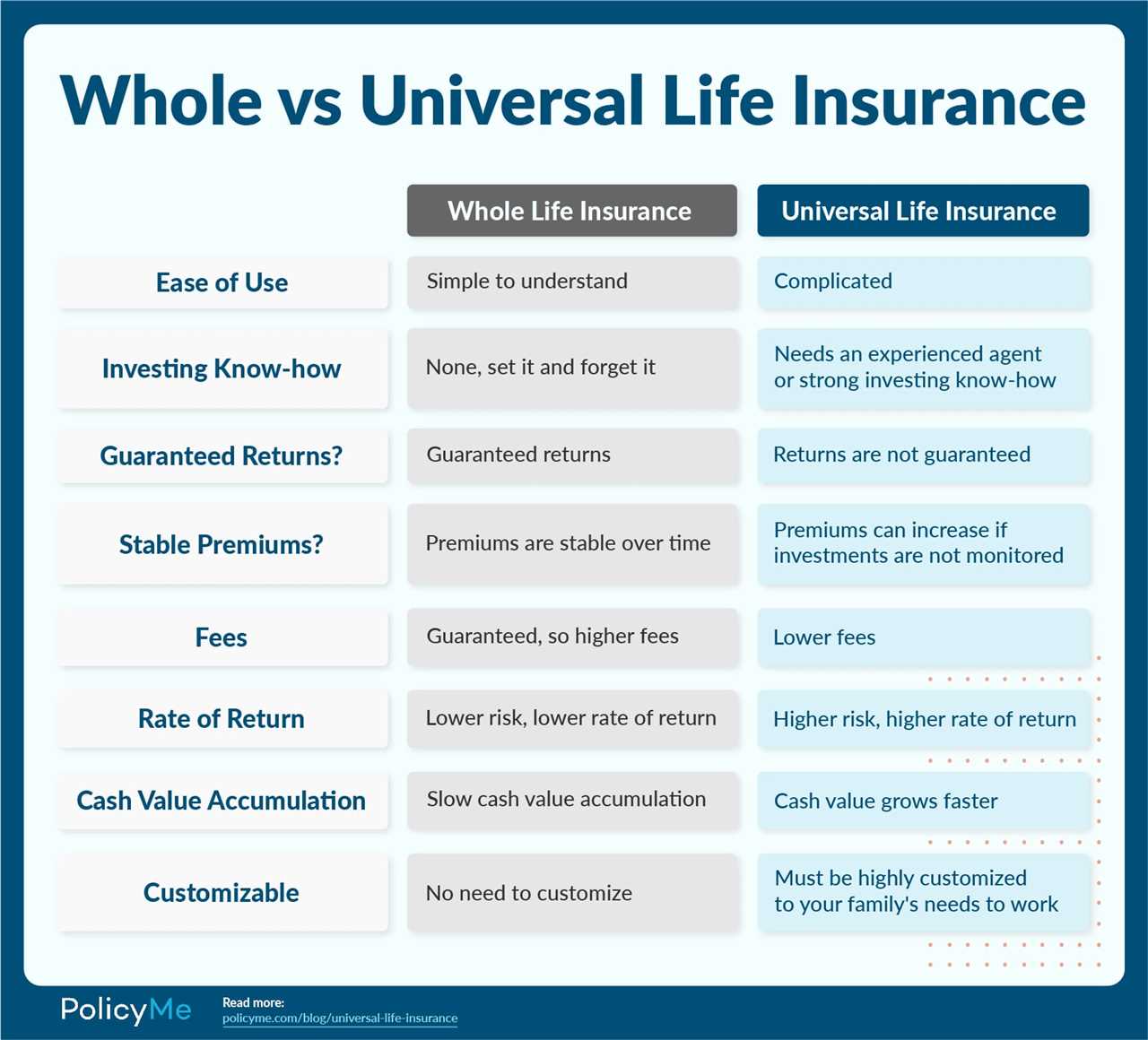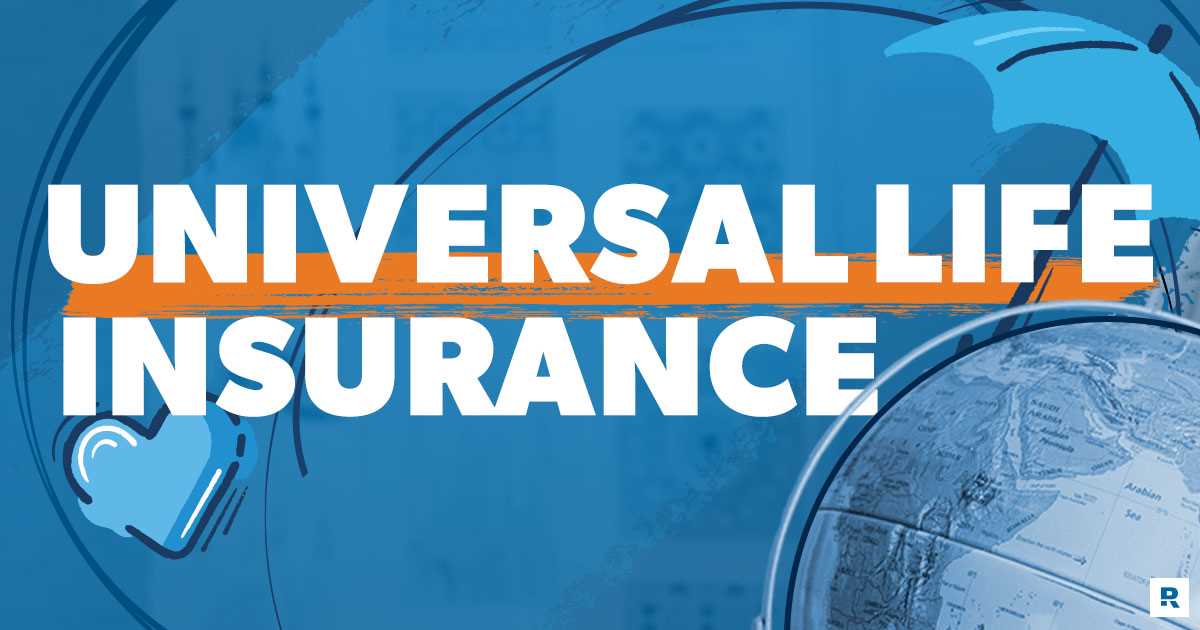What is Variable Life Insurance?
Variable life insurance is a type of life insurance policy that allows policyholders to invest a portion of their premium payments into various investment options, such as stocks, bonds, and mutual funds. This means that the cash value of the policy can fluctuate based on the performance of these investments.
Unlike traditional life insurance policies, which offer a fixed death benefit and do not have an investment component, variable life insurance provides both a death benefit and a cash value component that can grow over time.
How Does Variable Life Insurance Work?
When you purchase a variable life insurance policy, you have the option to allocate a portion of your premium payments to different investment options offered by the insurance company. These investment options are typically managed by professional fund managers and can include a range of asset classes, such as stocks, bonds, and money market funds.
The cash value of your policy will fluctuate based on the performance of these investments. If the investments perform well, the cash value of your policy can increase. However, if the investments perform poorly, the cash value can decrease.
Benefits of Variable Life Insurance
Variable life insurance offers several benefits:
- Investment potential: By allocating a portion of your premium payments to different investment options, you have the potential to earn higher returns compared to traditional life insurance policies.
- Tax advantages: The cash value of a variable life insurance policy grows tax-deferred, meaning you won’t pay taxes on the investment gains until you withdraw the funds.
- Flexibility: Variable life insurance policies often allow you to adjust your premium payments and death benefit amount to fit your changing needs.
Definition and Benefits

Variable life insurance is a type of permanent life insurance that offers both a death benefit and an investment component. Unlike term life insurance, which provides coverage for a specific period of time, variable life insurance is designed to last a lifetime.
One of the main benefits of variable life insurance is its flexibility. Policyholders have the ability to adjust their premium payments and death benefit amounts to suit their changing needs and financial goals. This can be particularly advantageous for individuals who anticipate significant life changes, such as marriage, the birth of a child, or retirement.
In addition to the flexibility and potential for cash value growth, variable life insurance also offers tax advantages. The investment gains within the policy are tax-deferred, meaning that policyholders do not have to pay taxes on the growth until they withdraw the funds. This can be particularly beneficial for individuals who are in a higher tax bracket and want to minimize their tax liability.
Key Benefits of Variable Life Insurance:
- Flexibility: Policyholders have the ability to adjust premium payments and death benefit amounts.
- Tax Advantages: The investment gains within the policy are tax-deferred, minimizing tax liability.
Tax Benefits of Variable Life Insurance
Variable life insurance offers several tax benefits that can make it an attractive option for individuals looking to protect their financial future.
- Tax-deferred growth: One of the main advantages of variable life insurance is that the cash value of the policy can grow on a tax-deferred basis. This means that you don’t have to pay taxes on any investment gains or income generated by the policy until you withdraw the funds. This can allow your policy’s cash value to grow faster over time.
- Tax-free death benefit: The death benefit paid out to your beneficiaries upon your passing is generally income tax-free. This can provide financial security to your loved ones without them having to worry about tax implications.
- Access to tax-free loans: Variable life insurance policies often allow policyholders to take out loans against the cash value of the policy. These loans are typically tax-free and can be a valuable source of funds for emergencies or other financial needs.
- Ability to withdraw basis tax-free: If you have contributed more to your policy than the cost of the insurance coverage, you can generally withdraw the excess contributions tax-free. This can provide a source of tax-free income in retirement or other financial situations.
- Asset protection: In many states, the cash value of a variable life insurance policy is protected from creditors. This means that if you face financial difficulties or legal claims, your policy’s cash value may be shielded from seizure.
How Variable Life Insurance Differs from Term Life Insurance
2. Cash Value: One of the main differences between variable life insurance and term life insurance is the cash value component. Variable life insurance policies have a cash value component that allows you to invest a portion of your premiums in various investment options, such as stocks, bonds, or mutual funds. This means that the cash value of your policy can grow over time. Term life insurance, on the other hand, does not have a cash value component.
3. Premiums: The premiums for variable life insurance are typically higher than those for term life insurance. This is because a portion of the premium goes towards the cash value component and investment options. Term life insurance, on the other hand, offers lower premiums because it only provides coverage for a specific term and does not have a cash value component.
4. Flexibility: Variable life insurance offers more flexibility than term life insurance. With variable life insurance, you have the ability to adjust the death benefit amount and premium payments, within certain limits. This can be beneficial if your financial situation changes or if you want to increase or decrease your coverage. Term life insurance, on the other hand, does not offer this flexibility.
5. Tax Benefits: Another key difference between variable life insurance and term life insurance is the tax benefits. The cash value component of variable life insurance grows tax-deferred, meaning you do not have to pay taxes on the investment gains until you withdraw the funds. Additionally, the death benefit is typically paid out to your beneficiaries tax-free. Term life insurance, on the other hand, does not offer these tax benefits.
Types of Variable Life Insurance Policies
1. Variable Universal Life Insurance (VUL)
Variable Universal Life Insurance (VUL) is a type of policy that combines the benefits of both variable and universal life insurance. With VUL, policyholders have the ability to invest their premiums in a variety of investment options, such as stocks, bonds, and mutual funds. This allows for potential growth of the policy’s cash value over time.
Additionally, VUL policies offer flexibility in terms of premium payments and death benefit amounts. Policyholders can adjust their premiums and death benefits as needed, providing a customizable insurance solution that can adapt to changing financial circumstances.
2. Variable Whole Life Insurance

Variable Whole Life Insurance is a type of policy that provides permanent coverage and a cash value component that can fluctuate based on the performance of the policy’s investment options. Policyholders have the opportunity to grow their cash value over time, potentially increasing the death benefit and providing additional financial security for their loved ones.
Variable Whole Life Insurance offers guaranteed death benefits and level premiums, providing stability and peace of mind. This type of policy is suitable for those who want lifelong coverage and the potential for cash value growth.
3. Variable Survivorship Life Insurance
Variable Survivorship Life Insurance is a type of policy that insures two individuals, typically spouses, under one policy. The death benefit is paid out upon the death of the second insured individual, providing financial protection for the beneficiaries.
With Variable Survivorship Life Insurance, policyholders have the opportunity to invest their premiums in a variety of investment options, potentially growing the policy’s cash value over time. This type of policy is often used for estate planning purposes, as it can provide liquidity to cover estate taxes and other expenses.

Emily Bibb simplifies finance through bestselling books and articles, bridging complex concepts for everyday understanding. Engaging audiences via social media, she shares insights for financial success. Active in seminars and philanthropy, Bibb aims to create a more financially informed society, driven by her passion for empowering others.
